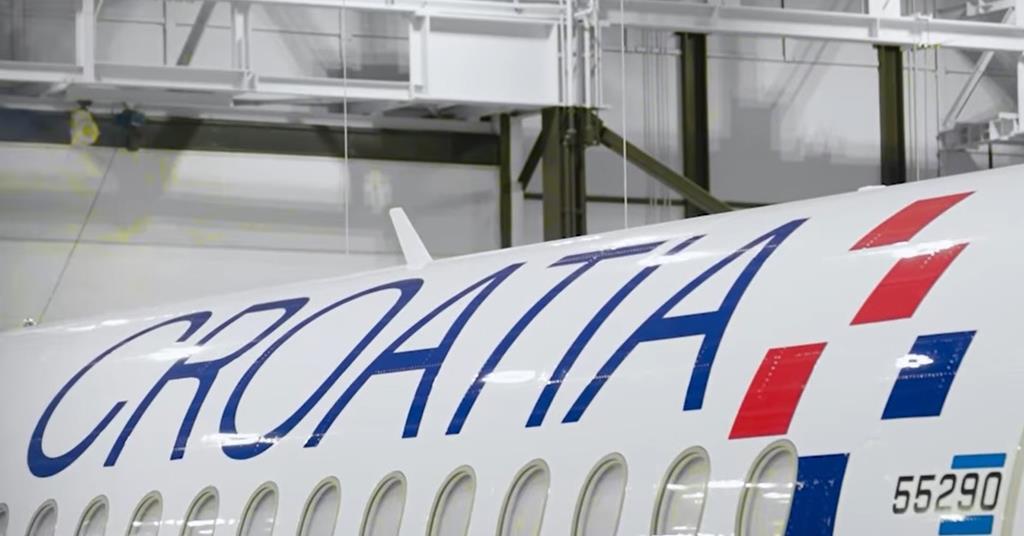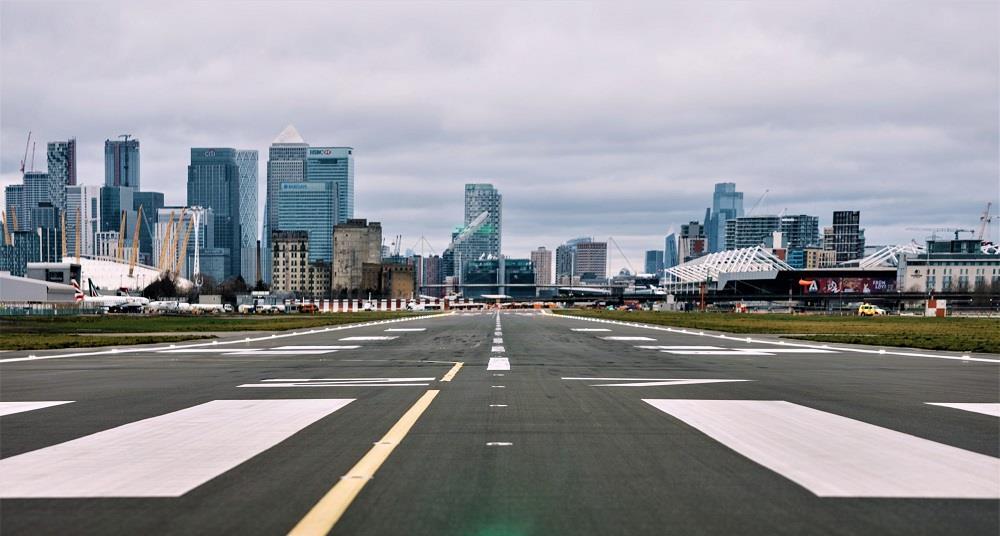General Atomics to build European variant of YFQ-42A uncrewed fighter jet through German partnership
Company
Legal Links
Contact
- +44 7947 753363
- contact@skylineairporttransfers.co.uk
- 6 Walsall Street Bilston Wolverhampton WV14 0AT
Recent Posts
© Skyline Airport Transfers. Created by![]() Beaphoenix WebDesign ltd
Beaphoenix WebDesign ltd
Popular Locations:
Birmingham: Aston, Bournville, Edgbaston, Erdington, Great Barr, Hall Green, Handsworth, Harborne, Northfield, Quinton, Soho, Sutton Coldfield, Amblecote, Brierley Hill, Coseley, Cradley, Gornal, Halesowen, Kingswinford, Lye, Netherton, Sedgley, Stourbridge, Quarry Bank, Bearwood, Blackheath, Cradley Heath, Great Bridge, Old Hill, Rowley Regis, Smethwick, Tipton, Tividale, Wednesbury, West Bromwich, Balsall Common, Bickenhill, Castle Bromwich, Chelmsley Wood, Dorridge, Elmdon, Hampton in Arden, Kingshurst, Knowle, Marston Green, Meriden, Monkspath, Hockley Heath, Shirley, Aldridge, Birchills, Bloxwich, Brownhills, Darlaston, Leamore, Palfrey, Pelsall, Pheasey, Shelfield, Streetly, Willenhall, Bilston, Blakenhall, Bushbury, Compton, Ettingshall, Heath Town, Oxley, Penn, Tettenhall, Wednesfield, Burntwood, Lichfield, Cannock, Rugeley, KIDDERMINSTER, Brierly Hill,
STOURPORT-ON-SEVERN
Coventry: Allesley, Binley, Keresley, Stoke, Tile Hill
Leicester: Abbey Rise, Ashton Green, Aylestone, Beaumont Leys, Bede Island, Belgrave, Blackfriars, Braunstone, Braunstone Frith, Bradgate Heights, Clarendon Park, Crown Hills, Dane Hills, Evington, Evington Valley, Eyres Monsell, Frog Island, Goodwood, Hamilton, Highfields, Horston Hill, Humberstone, Humberstone Garden, Kirby Frith, Knighton, Mowmacre Hill, Netherhall, Newfoundpool, New Parks, North Evington, Northfields, Rowlatts Hill, Rowley Fields, Rushey Mead, Saffron, Southfields, South Knighton, Spinney Hills, Stocking Farm, Stoneygate, St. Matthew’s, St. Mark’s, St. Peters, Thurnby Lodge, West End, West Knighton, Western Park, Woodgate
Derby: Matlock, Ripley, Ashbourne, ILKESTON, SWADLINCOTE , BURTON-ON-TRENT, BAKEWELL,
ALFRETON, BELPER, HEANOR
Telford: Market Drayton, Newport, Shifnal, Broseley, Much Wenlock
Stoke: Stoke-on-Trent, Newcastle, Leek, Uttoxeter, Stone, Stafford
Worcester: Worcester, Droitwich, Pershore, Broadway, Evesham, Malvern, Tenbury Wells
Gloucester: Gloucester, Cheltenham, Stroud, Cirencester, Tewkesbury, Badminton, Berkeley, Blakeney, Chipping Campden, Cinderford, Coleford, Drybrook, Dursley, Dymock, Fairford, Lechlade, Longhope, LydbrookLydney, Mitcheldean, Moreton-in-Marsh, Newent, Newnham, Ruardean, Stonehouse, Tetbury, Westbury-on-Severn, Wotton-under-Edge.
Nottingham: Nottingham, Sutton-in-Ashfield, Mansfield, Newark, Southwell, Grantham, Sleaford
Leicester: Leicester, Hinckley, Loughborough, Melton Mowbray, Oakham Market, Harborough, Lutterworth, Wigston, Ashby-de-la-Zouch, Ibstock, Markfield
Oxford: Oxford, Kidlington, Chipping Norton, Thame, Wallingford, Didcot, Wantage, Abingdon, Banbury, Carterton, Woodstock, Bicester, Witney, Chinnor, Watlington
Chester: Chester, Deeside, Bagillt, Buckley, Holywell, Birkenhead, Preston, Wallasey, Wirral, Neston, Ellesmere Port, Prenton
Airports we serve:
BHX: Birmingham Airport
EMA: East Midlands Airport
LHR: London Heathrow Airport
MAN: Manchester Airport
LGW: London Gatwick Airport
LTN: London Luton Airport
SOU: Southampton Airport
BRS: Bristol Airport
LPL: Liverpool John Lennon Airport
LCY: London City Airport
STN: London Stansted Airport



Uncrewed aircraft manufacturer General Atomics Aeronautical Systems (GA-ASI) plans to offer a European-made variant of its prototype uncrewed fighter jet.
The San Diego-based company on 17 July said it will partner with a General Atomics aerospace affiliate in Germany to build a derivative of the YFQ-42A autonomous fighter being developed for the US Air Force (USAF).
The European partner on the effort will be General Atomics Aerotec Systems GmbH, based in Oberpfaffenhofen, near Munich in Bavaria.
At that site, Aerotec assembles Dornier 228 twin-engined turboprops, provides MRO services for the German army’s NH Industries NH90 attack helicopters and overhauls Honeywell TPE-331-10 engines, which power Do 228s and General Atomics’ MQ-9A/B remotely piloted aircraft.
GA-ASI says its established German capability provides a “jump start for European uncrewed fighter development” and a pathway to meet fast acquisition timelines.
“We’re eager to combine our uncrewed aircraft system expertise with the airborne sensor and weapons system expertise of the European defence industry,” says GA-ASI chief executive Linden Blue.
The jets will be “assembled in Europe, with European mission systems”, the US airframer notes.
GA-ASI is a finalist for the Collaborative Combat Aircraft (CCA) programme that aims to deliver the first uncrewed fighter platform to the USAF. The company’s prototype – designated the YFQ-42A by the Pentagon – is set to make its first flight in the coming weeks.
The single-engined jet is based on the XQ-67A platform, which GA-ASI developed to serve as a foundation for future uncrewed jet variants. That craft logged its first flight in 2024.
GA-ASI says the autonomous collaborative aircraft it plans to offer European operators will leverage advancements and investments made for the American programme.
“With a proven CCA design already in production today, these systems will be delivered in significant quantity with high-technology European inputs to build and sustain affordable mass for NATO’s fighter forces,” Blue says.
The move to offer Europe a locally-assembled and -sustained CCA comes one month after rival Anduril announced it is partnering with German defence manufacturer Rheinmetall to offer a European-built version of Anduril’s Fury uncrewed fighter.
That jet serves as the basis for Anduril’s YFQ-44A prototype, which is competing against the YFQ-42A to be the first USAF autonomous fighter. Anduril also expects to complete its first test flight under the CCA programme in the coming weeks.
Some European NATO members have lately expressed concern about the reliability of Washington as an ally due to suggestions from US President Donald Trump that he might not support allies if they inadequately fund their own defence.
That prompted a surge in European military spending and calls from European leaders such as French President Emmanuel Macron to buy more from European manufacturers.
But sourcing uncrewed fighters solely from Europe might prove difficult.
US companies lead in developing pilotless fighters, which are expected to be key enablers to existing combat aircraft and next-generation designs like Boeing’s F-47 and the Tempest fighter, which is being jointly developed under the UK-Italy-Japan Global Combat Air Programme. In the USA, CCA surrogates like the Kratos XQ-58A have successfully integrated with fourth-generation fighters and fifth-generation Lockheed Martin F-35s.
European autonomous collaborative platforms mostly remain in design stages, with BAE Systems and Dassault Aviation planning demonstrations in the coming years.
But Turkish Aerospace (TAI) and Baykar Technologies are both flying uncrewed combat aircraft intended to team with Turkey’s indigenously produced Kaan fighter – a fifth-generation-style jet being developed by TAI.
Australia also significantly leads Europe in the field of low-cost pilotless fighters, with the Royal Australian Air Force and Boeing regularly flying the jointly developed MQ-28 Ghost Bat. Recent tests involved that multi-role jet integrating with an Australian Boeing E-7A Wedgetail airborne early warning and control aircraft.
Source link
Share This:
skylinesmecher
Plan the perfect NYC Memorial Day weekend
Pack only what you need and avoid overpacking to streamline the check-in and security screening…
LA’s worst traffic areas and how to avoid them
Consider using alternative routes, such as Sepulveda Boulevard, which runs parallel to the 405 in…
Croatia Airlines pressured by weak revenue growth and continuing fleet-renewal costs
Croatia Airlines’ full-year losses have doubled, a situation which the carrier attributes to weak revenue…
London City consults on shallower glideslope to enable A320neo operations
London City airport is seeking to implement a shallower glideslope of 4.49° – compared with…
GTF shop visits continue to drive commercial maintenance revenues at MTU
MTU Aero Engines is expecting continuing strong demand for powerplant maintenance, with the persisting Pratt…
Draken boosts UK ‘Red Air’ service delivery with L-159E after completing first depot-level inspection
Adversary training specialist Draken has completed a first depot-level inspection on one of the Aero…
Rolls-Royce lifts Trent engine durability-improvement target
Rolls-Royce has hiked the durability improvement target for its Trent engine time-on-wing programme, raising the…
Strong aftermarket drives up Rolls-Royce aerospace profits despite dip in engine deliveries
While supply-chain issues dragged engine deliveries down last year, Rolls-Royce’s financial performance in civil aerospace…
Airbus plots European-developed version of autonomous H145M helicopter
Airbus Helicopters is actively pursuing a domestically-developed autonomous uncrewed version of its H145M light-twin for…
Canada’s first Pilatus PC-21 Siskin II trainer enters flight-testing in Switzerland
Pilatus has completed the first flight of a PC-21 trainer produced for the Royal Canadian…
French navy receives final upgraded ATL-2 maritime patrol aircraft
France has completed a major upgrade to its navy-operated fleet of Dassault-Breguet ATL-2 maritime patrol…
BK 160 crashed into lake during upset-recovery training but cause remains elusive
Dutch investigators have been unable to determine conclusively why a Blackshape BK 160 descended rapidly…